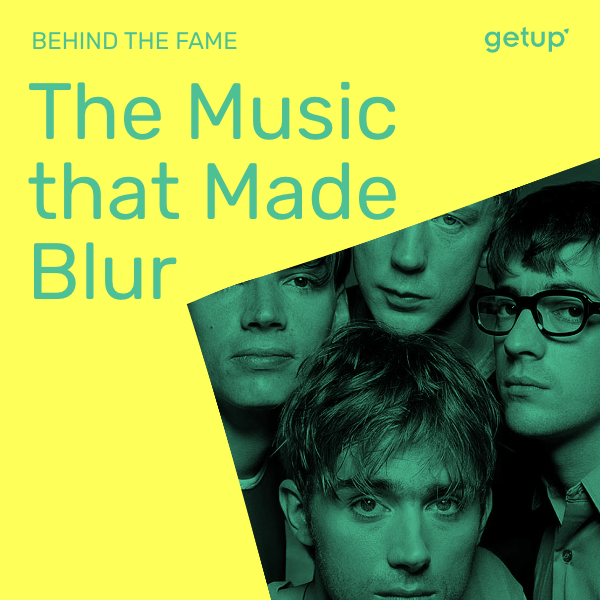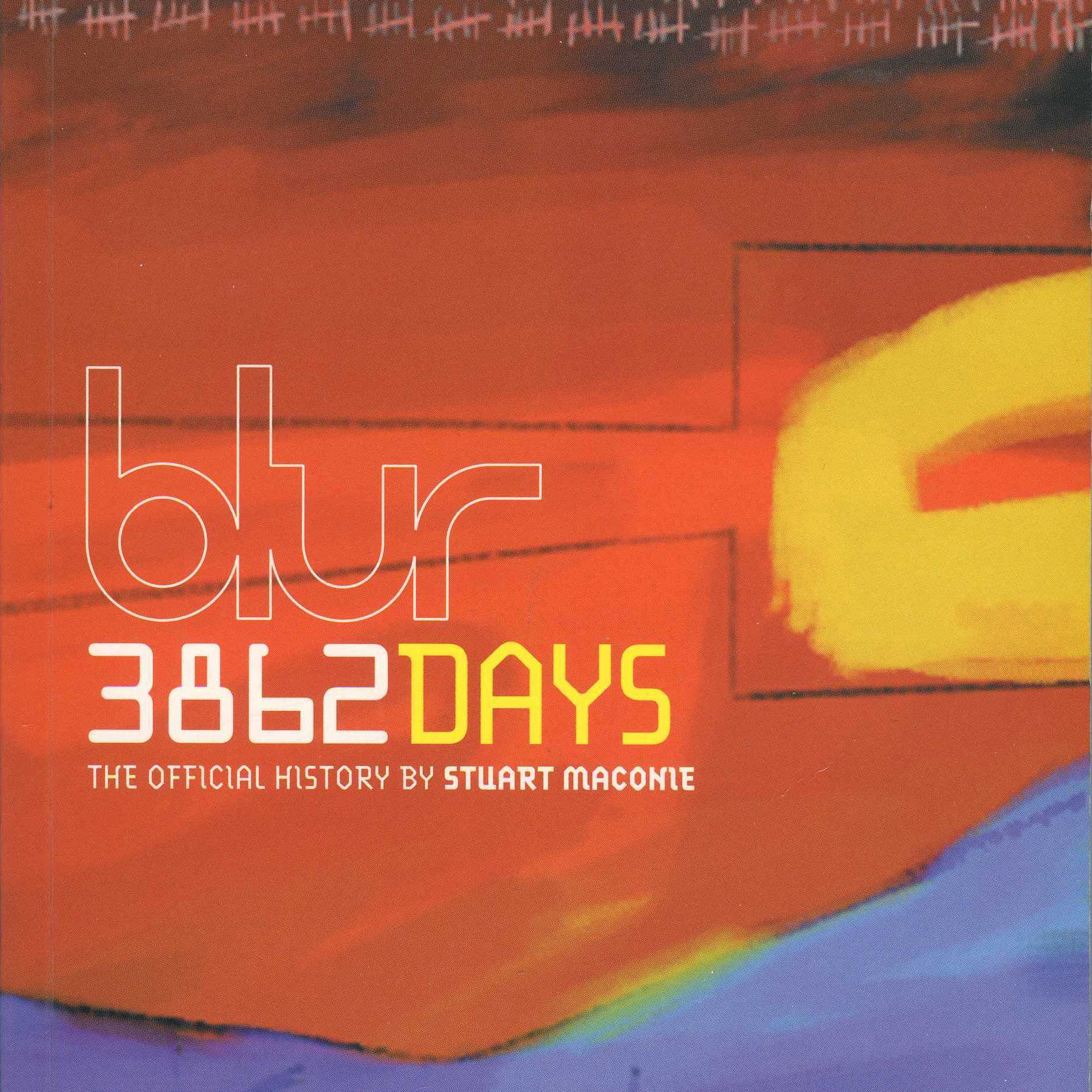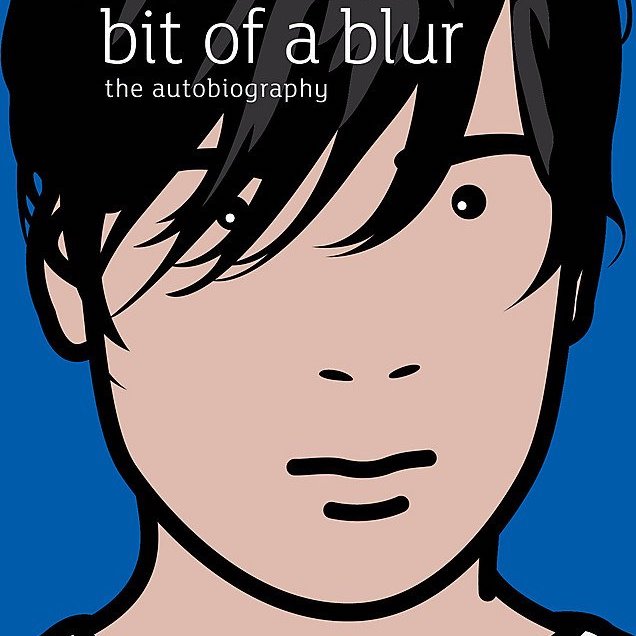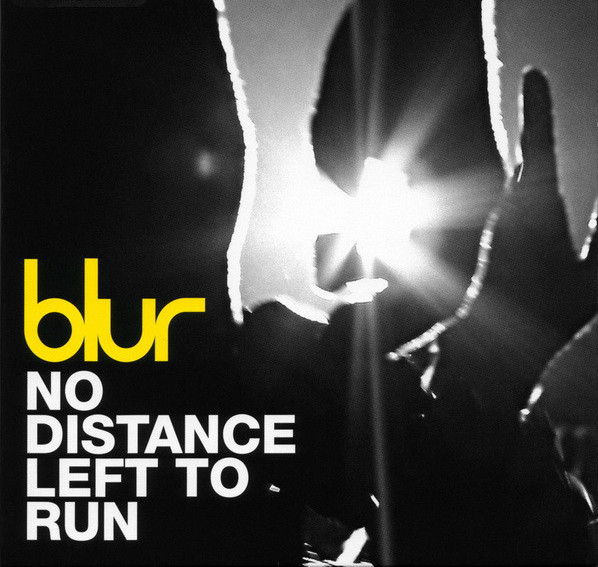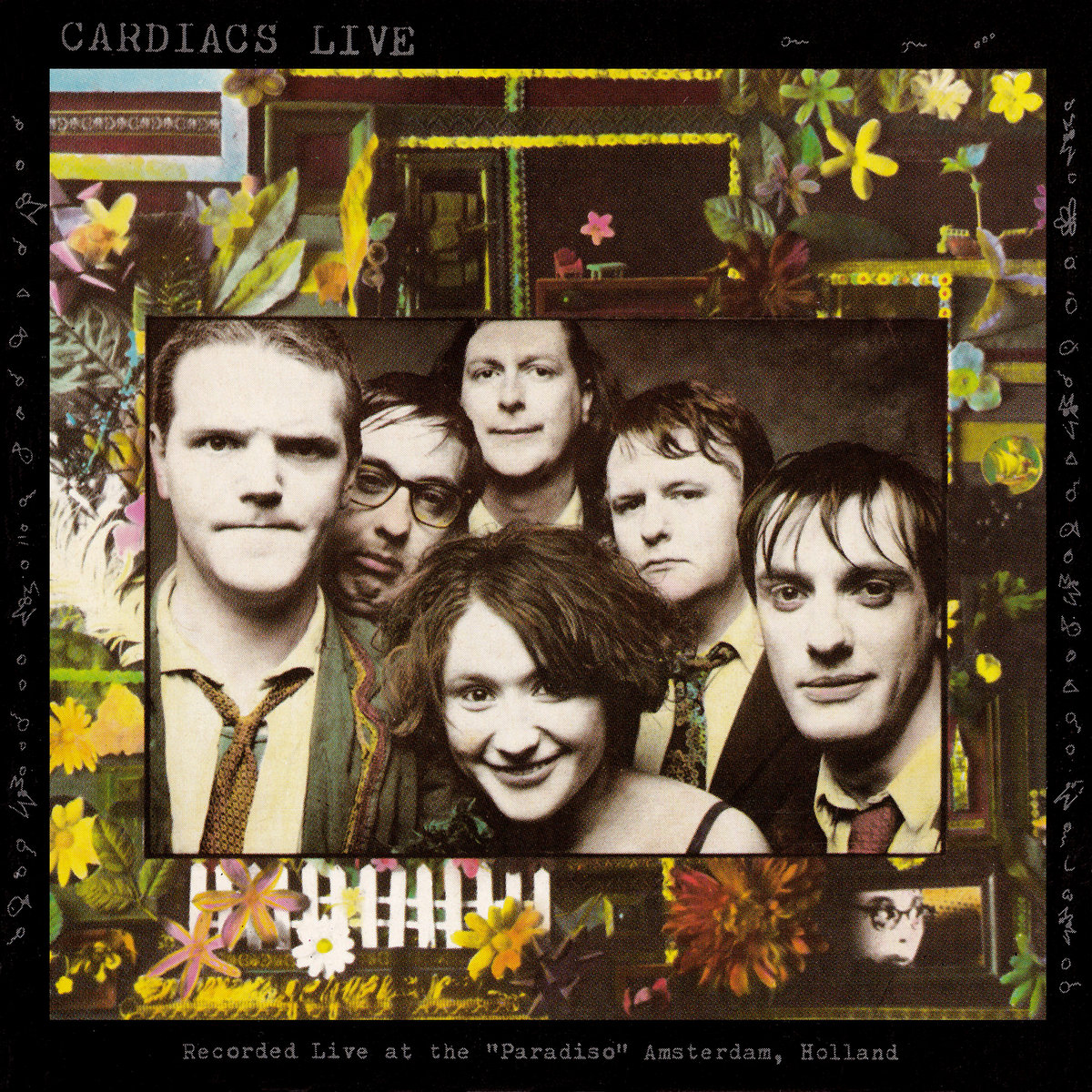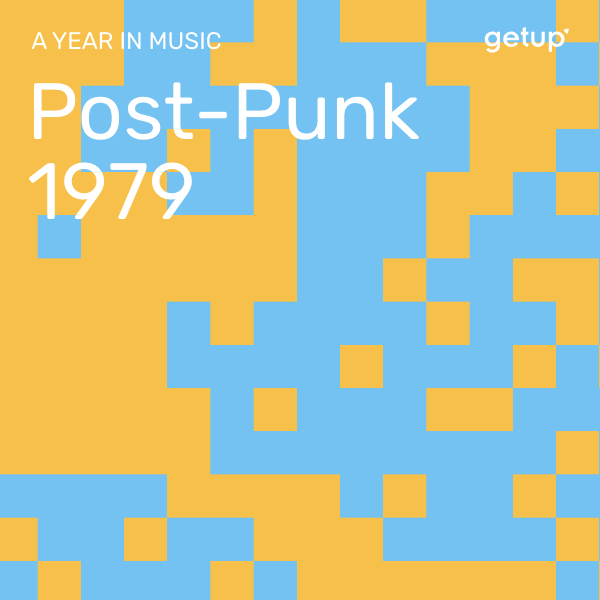I imagine that I’m among friends here, that you wouldn’t be reading this if you were not a fan of Blur, or at least interested in their delightful and intriguing eight-album twenty-odd year history. Good. Blur are a very important band to me. They were the band that got me listening to music again…
Sometime in 1983 I stopped buying the NME, stopped listening to John Peel, and stopped going to record shops. It’s a long and complex tale, but at eighteen, following the splits of my favourite bands Buzzcocks, Magazine, and Subway Sect and not liking the Fall or Dexy’s new albums I just cut myself off from new music. I still couldn’t get through a day without having something on the turntable, but it would always be something old; The Kinks, Elvis, Frank Sinatra, John Barry, Scott Walker or Ralph Vaughan Williams.
Ten years passed. I was at a party at my ex-girlfriend’s flat in south London and heard a cassette of a new album by a band I hadn’t heard of, but I immediately knew that I had to buy it. It was called Modern Life is Rubbish, which certainly struck a chord with me. My life was about to take a new turn and I was back in the land of pop.
Enough about me. Where do we begin forensically examining the ingredients with which Damon and Graham, primarily, plus Alex and Dave, forged pop alchemy? Stuart Maconie’s book 3862 Days, Alex James’ autobiography and numerous newspaper and magazine interviews give plenty of clues.
Damon Albarn’s parents were both involved in art and theatre and he absorbed music from a young age, picking up guitar, piano and violin. Kurt Weill’s Threpenny Opera from the 1930s made a big impression on the young prodigy and in 2014 Albarn announced ambitions to write a West End musical "in the spirit of Lionel Bart". The intonation and phrasing of the great man of the British stage musical in the little-known May a Man Be Merry suggests he and Damon share some DNA.
Soft Machine and Kevin Ayers were another early influence, Damon’s father Keith being at one time the band’s manager. Their whimsical psychedelia owed something to Syd Barrett and early Pink Floyd, acknowledged favourites of both the young Damon and Graham.
Meeting at school, Albarn and Coxon shared the tastes of thousands of teenage boys in the early 1980s; The Jam, XTC, Blondie, Human League, Adam and the Ants, but, above all, the 2-Tone sound of The Specials, Madness and The Selecter. As the decade progressed and they began to incubate ideas of their own band the likes of The Teardrop Explodes, Echo and the Bunnymen, The Smiths, The Fall, New Order, Pixies, and Dinosaur Jr became firm favourites.
Some of the tracks here are obvious touchstones for Blur. Just listen to the lo-fi dreamy Laughing Boy from Julian Cope’s Fried album, which could easily be an outtake from the band’s 1997 fifth album (Blur). Both Graham and Damon have spoken of their love of the supposedly uncool cult act Cardiacs who “were an early inspiration for all of us in Blur. I remember one of their gigs at ULU. It was amazing, one of the most magical live performances I’ve ever seen.” But you won't find them in this playlist as their catalog is not available on most of the streaming platforms.
Bassist Alex James lists Eye Level, the theme to ITV’s Dutch detective series Van Der Valk as an early and enduring favourite, plus a liking for New Order’s Blue Monday and Abba when he was first learning his instrument, and drummer Dave Rowntree cannot go unmentioned in the Blur songwriting bloodstream. Dave’s father was a BBC sound engineer and he proved one of those lucky kids who finds playing music easy. He took jazz classes and played in wind and brass bands. I’ve used a Paul McCartney composition to represent Dave’s love of brass music, the theme to the 1967 film The Family Way.
The scope of musical styles is eclectic and far-ranging. Where a certain other Britpop giant looked little further than The Beatles for inspiration here we have pop, rock, psychedelia, new wave, prog, grunge, shoegaze, 2-Tone, Medway, baggy/Madchester, TV themes, opera, classical, brass band, and, yes, the original Fab Four whose Revolver is the record Graham has “played to death.” Coxon stated that his family house was filled with “lots of Beethoven and lots of Beatles.”
I have tried to jumble their 60s, 70s and 80s pop influences in the playlist as that is how they would have done so at the time they were forming the band. One big melting pot rather than a chronological, logical sequence. I suggest that the Blur personnel have delved into these influences constantly throughout their career. In latter years the prolific and magpie-like Damon has extended his musical palette with his love of world music, but he has exhibited these influences more so with Gorillaz and The Good, The Bad & The Queen.
We finish with Vaughan William’s majestic Serenade to Music, written for 16 vocal soloists and orchestra in 1938. It’s a favourite of Damon’s according to Maconie, and, that being the case, possibly somehow responsible for 1999’s incredible 7 minutes 40” opener to the sixth album (13) Tender? It’s probably the Vaughan Williams piece that I would select as one of my desert island discs, because I’m not being marooned without him. I’ll also be taking For Tomorrow, Young and Lovely, Till the End, Coffee and TV, You’re so Great, Resigned or Badhead by Blur. To Damon, Graham, Alex and Dave, as those Swedes once sang – Thank you for the music.
